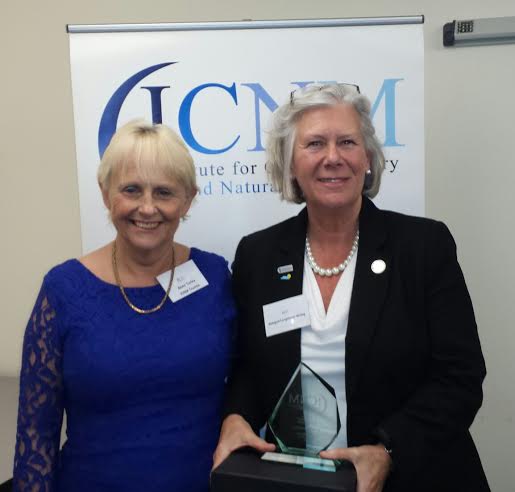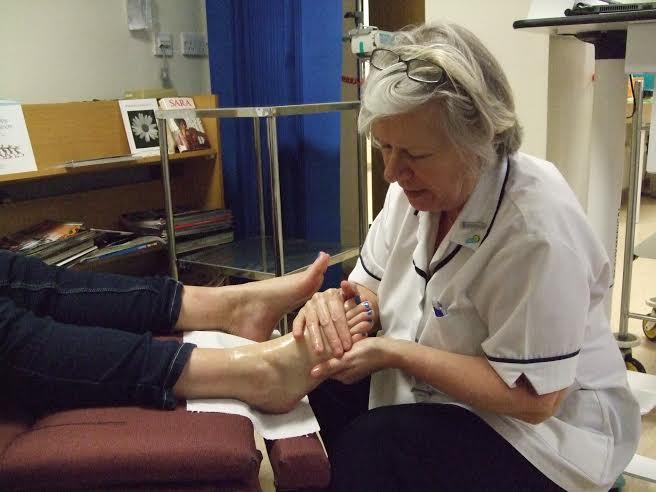Can’t sleep? What’s keeping us Brits awake at night?
Recent research has revealed the NHS is spending £50million a year on drugs to help combat insomnia. We take a look at what could be the cause of the nation’s unrest and what we you can do to help nod off naturally.
· The Reason: Restless legs
Restless Leg Syndrome (RLS) can vary in severity and causes an irresistible inclination to move your legs. RLS can cause discomfort in the feet, calves and thighs and in many cases, the condition can be distressing and disruptive and effect daily activities including sleep.
Acupuncturist Rachel Peckham notes: “Over 50% of people in the UK suffer with sleep disorders of some kind, generally attributed to a stressful lifestyle, RLS is a common problem. Traditional Acupuncture is known to be enormously beneficial for helping correct sleep problems. Most people find treatment wonderfully relaxing, as acupuncture is known to calm the nervous system and also affect hormonal outputs by increasing endorphin production.”
Try it: To find a practitioner in your area call the British Acupuncture Council on 020 8735 0400 or visit www.acupuncture.org.uk
· The Reason: Stress
“Stress is a collection of physiological, cognitive, affective and behavioural symptoms that are caused by difficult situations in our daily life. It can affect each individual in different ways ranging from less severe symptoms such as headaches all the way up to depression and anxiety.” Comments Dr David Edwards’, “exercise and a healthy diet are crucial to maintaining a relaxed mind and body. I would also recommend some of my patients take Rhodiola rosea as a short term option when suffering stressful periods. Taking 200mg, twice a day could help to control the release of stress hormones whilst helping to improve energy and concentration levels, which can help reduce symptoms of stress.” Rhodiola rosea is an ‘adaptogen’ – a substance of natural plant origin that is able to increase the body’s resistance to stress and normalise imbalances with minimal side effects.
Try it: Vitano® contains Rhodiola rosea root extract 200mg and is available from Boots, leading pharmacies and health-food stores priced at £13.27 for 30 tablets. Always read the label. For further information visit www.vitano.co.uk.
· The Reason: Caffeine
Drinking tea and coffee throughout the day can have a negative impact when it comes to bed time. Cutting down on caffeine by reducing the amount of tea/coffee/fizzy drinks really can make it easier to nod off, if you find it hard to get through the day without your caffeine hit try reducing the number of caffeine laden drinks and cut back on all caffeine after 3pm. Expert Nutritionist Kirsten Brooks notes “Camomile is a wonderful herb with sedative properties, helping us to relax and encourage sleep. As a warm drink, it’s a great way to unwind in the evening.”
Try it: Heath and Heather’s Camomile infusion has been finely crafted using the highest quality Camomile, perfect for relaxation and unwinding, this gentle and soothing infusion could also help to reduce feelings of stress and anxiety.
. Naturally caffeine-free
. 100% Natural
. Available in packs of 20 & 50
. RRP from £1.49 & £2.89
· The Reason: Hot Flushes
It is estimated that 8 out of 10 women in the UK experience symptoms leading up to the menopause and of these, 45% find their symptoms difficult to deal with. Symptoms can be wide ranging from insomnia and anxiety to hot flushes and night sweats impacting lifestyle and relationships.
Kathy Abernethy, Chair of the UK Menopause Nurse Group and a member of the Medical Advisory Council of the British Menopause Society comments: “After years working in a busy NHS menopause clinic, advising women in consultation as well as running education programmes for nurses, I understand how the menopause affects women not only physically but also psychologically. I often give women lifestyle and diet advice and try to encourage women to look positively at this time of change and to take steps to ensure good health.”
Details of a new study in the Journal of Gynaecological Endocrinology note how red clover supplementation can provide a natural alternative to help reduce hot flushes.
Try it: Promensil Double Strength (80mg) dietary supplements have been specifically developed to help women manage symptoms of the menopause naturally and effectively without resorting to HRT. Promensil Double Strength has been proved to reduce hot flushes and night sweats by 75%. Available from Boots, Ocado, good independent chemists and health food shops. Visit www.promensil.co.uk for further information or call 01903 280 860.
· The Reason: Nocturnal Cramps
Nocturnal muscle cramp could well be the new snoring, causing distress and sleep disruption to more than 13 million people in the UK. 82 per cent of women have suffered with the complaint, with 12 per cent experiencing nocturnal cramps every night. It is an extremely painful and distressing condition with many people suffering in silence. Insomnia specialist and founder of the Sleep School, Dr Guy Meadows said: “Quality sleep is essential to ensure you feel regenerated and ready for the day ahead. Interruptions caused by emotional or health problems can be very detrimental to everyday life, making it harder to concentrate at work and affecting relationships. Frustration and anxiety about disturbed sleep can cause it to become even worse.
“People often aren’t aware that they could be suffering from a sleep condition that is easy to treat. Instead of worrying about the problem, it is important to trust your body’s ability to sleep, making lifestyle changes or taking appropriate treatments where appropriate.”
Try it: Crampex is the only product available without prescription for the prevention and treatment of night cramps and it doesn’t have any of the side effects associated with taking Quinine (which is regularly prescribed). Crampex costs from £4.29 for a pack of 24 tablets and is available over the counter from pharmacies. More tips and advice can be found on www.goodsleepadvice.com and the Good Night Guide consumer leaflet is also available on request.
· The Reason: Bloating
Much like the rest of your body, your digestive system needs time to rest. Going to bed and getting up at set(ish) hours each day can help our digestive system work more effectively and improve the regularity of our bowel movements. Waste material in the colon impairs our ability to absorb vitamins and minerals which can affect prevent the immune system from working at its optimum level.
Try it: Sun Chlorella® ‘A’ is a natural green algae whole food supplement from Japan – an excellent choice for bloating as it contains a staggering range of nutrients including around 10% fibre, to help move food through the system more effectively. Nutritionist and Natural Health expert Nadia Brydon explains “Sun Chlorella ‘A’ acts as an ‘intestinal broom’, cleansing the bowel by clinging on to toxins like mercury, lead or pesticides in your intestines and then eliminating them as waste.
Sun Chlorella is priced £21.95 for 300 tablets (a 20-30 day supply) and is available from www.SunChlorella.co.uk, free phone 0800 008 6166, www.victoriahealth.com, www.NutriCentre.com, www.bodykind.com, Revital stores, www.revital.co.uk and good health stores.
· The Reason: Not tired enough
If you haven’t burned enough energy throughout the day, it’s likely that you’ll find bedtime a struggle when it comes to nodding off, Justin Way, Personal Trainer from Pure Gym explains “There are a million ways you can give yourself a workout at home without spending a penny on expensive equipment. When hoovering standing on your left leg whilst pushing and pulling the hoover around with your right arm. Hop to move around the room and alternate legs every 2 mins. This will work the core massively whilst bringing great tone to the legs and bum.”
Try it: Pure Gym’s 24-hour, no contract membership starts from £17.99 a month. For more information, visit www.puregym.com
 We are becoming more aware of our impact upon the environment but seldom think how this affects our fertility. We spoke to Dr (TCM) Attilio D’Alberto to ask him how we can optimise our environment to help our fertility. Here are his top 5 tips:
We are becoming more aware of our impact upon the environment but seldom think how this affects our fertility. We spoke to Dr (TCM) Attilio D’Alberto to ask him how we can optimise our environment to help our fertility. Here are his top 5 tips:

